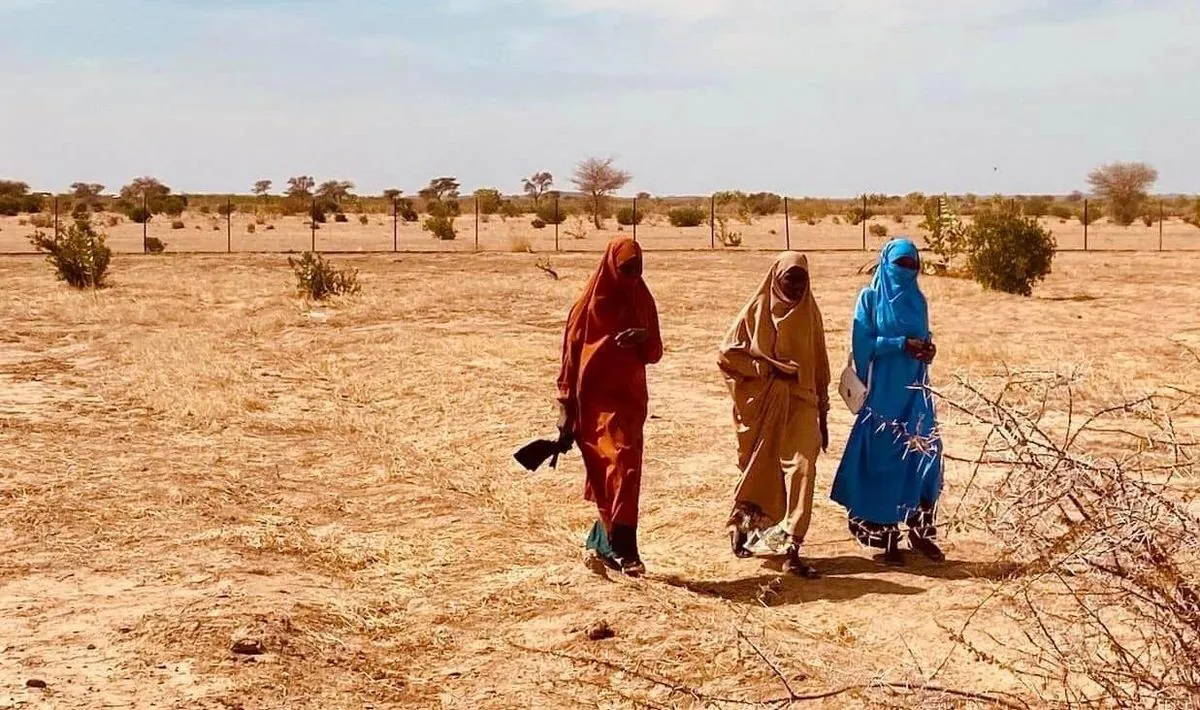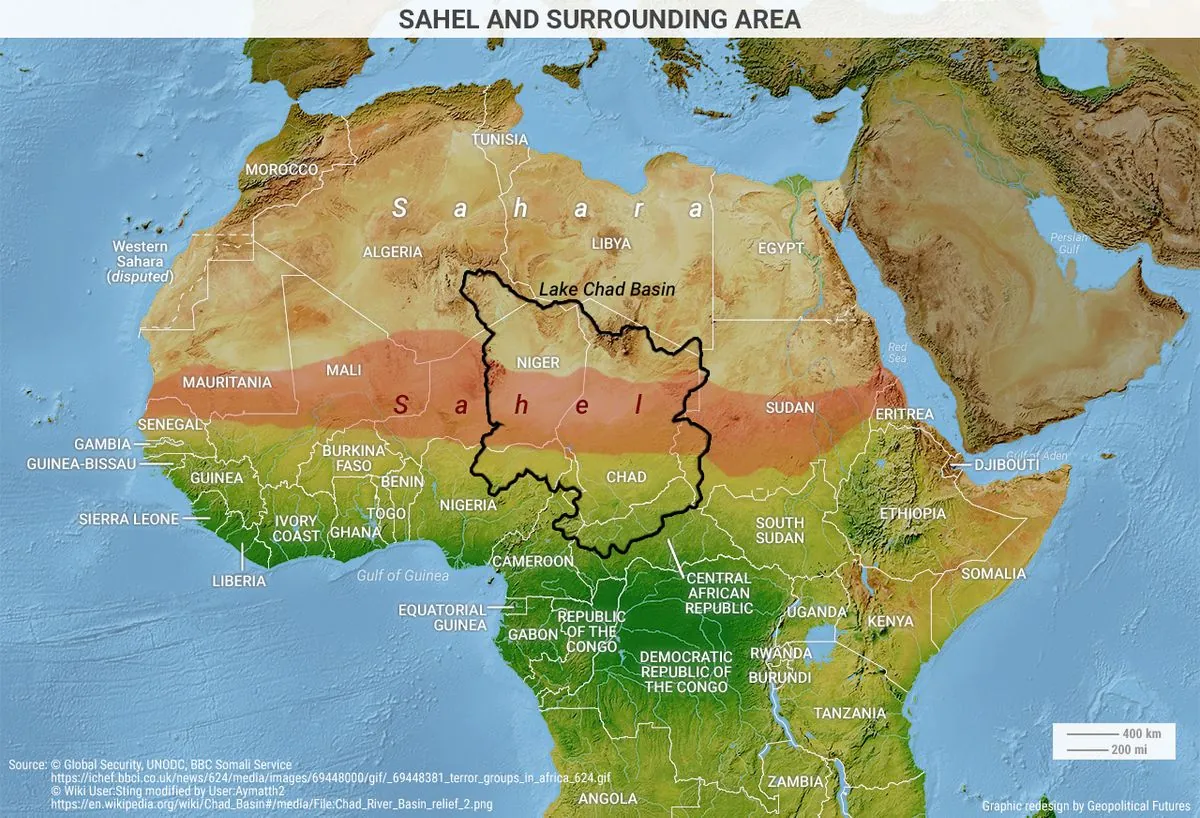Hungary's Chad Gambit: Geopolitical Maneuvers in the Heart of Africa
Hungary plans to deploy troops to Chad, ostensibly to combat terrorism and migration. This move, however, appears to be part of a broader strategy to gain influence and access to resources in the strategically important Sahel region.

Hungary has announced plans to deploy approximately 200 troops to Chad, a move that ostensibly aims to combat terrorism and curb illegal migration to Europe. This decision, set to be discussed by EU ambassadors on September 26, 2024, marks Hungary's entry into the complex geopolitical landscape of Africa.
Viktor Orban, Hungary's Prime Minister, recently hosted Chadian President Mahamat Idriss Déby Itno in Budapest. Orban emphasized the importance of the Sahel region in addressing migration from Africa to Europe. However, security experts question the impact of such a small contingent in a country more than twice the size of France.
The true motivation behind Hungary's involvement appears to be access to Chad's abundant mineral resources. This strategy mirrors similar approaches by other nations seeking influence in Africa through minimal security investments.
Chad's strategic location at the crossroads of North, West, and Central Africa makes it an attractive target for foreign powers. The country has been France's last stronghold in the Sahel, hosting over 1,000 French troops. Recently, Chad has also accommodated EU forces displaced from other Sahel nations.

Despite its geopolitical significance, Chad faces numerous challenges:
- Persistent poverty, with over 40% of its 17.7 million population living below the poverty line
- A history of autocratic rule since gaining independence from France in 1960
- Lack of genuine democratic processes, with recent elections criticized for excluding real opposition
Déby Itno came to power in April 2021 following his father's death, continuing a dynasty that has ruled Chad since 1990. The country's political landscape is characterized by nepotism, corruption, and violent suppression of pro-democracy protests.
Some analysts suggest that Chad's leadership leverages the fight against jihadism to maintain power while inadvertently creating conditions for armed groups to thrive. This strategy has made Chad indispensable in regional security efforts but fails to address the root causes of instability.
"Just as the war on terror prevented France and the West from correctly ascertaining the root causes of jihadism in the Sahel. … geopolitical rivalry has added another dangerous layer to an already complex crisis."
Africa has become a geopolitical playground for various powers, including Turkey, Qatar, and the UAE, all competing for resources, trade opportunities, and security influence. Hungary's involvement, despite its relatively small size, highlights the ease with which foreign powers can strike deals with African autocrats focused on maintaining power.
However, the focus on security deals alone is unlikely to stem migration or address the underlying issues fueling extremism. The erosion of democracy across the continent and the neglect of economic development by autocratic regimes contribute to the recruitment of jihadi fighters and increased migration pressures.
As violence escalates and economic opportunities remain scarce, the flow of young Africans to Europe is likely to continue, potentially creating larger challenges for European leaders like Orban in the long term.


































